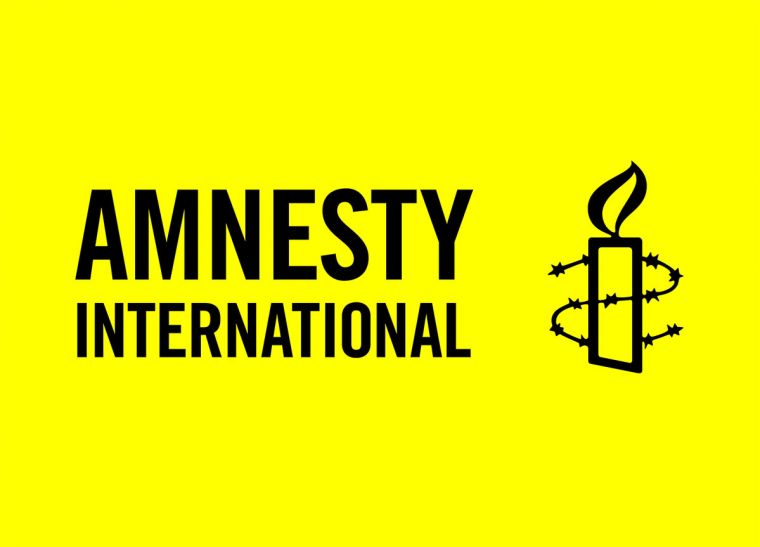Amnesty International is wrong to support abortion up to birth, says advocacy group

Amnesty International has been criticised over its new policy on the "right" to abortion.
The human rights group said the policy has been updated to "make it as inclusive as possible" and now "recognizes the right of every woman, girl or person who can become pregnant to abortion."
While its former policy "advocated for abortion access under certain circumstances", this has now been revised to call for "full decriminalization" and "universal access to safe abortions for all people who need them".
"We are calling on governments to fully decriminalize abortion, and ensure universal access to safe abortion services to all people who need them," the policy reads.
"This should include removing abortion from criminal laws, and an end to punishment of people who obtain, provide or assist with the provision of abortion."
According to the policy, this includes ensuring "that safe abortion is accessible as early as possible and as late as necessary".
"[It] is equally important to recognize that there will always be cases where pregnant individuals require access to abortion in later stages of pregnancy, particularly to safeguard their health and lives," Amnesty said.
"There are a variety of reasons why someone might seek an abortion later in pregnancy. These include systemic inequalities which deprive people of accessing healthcare earlier in pregnancy.
"People who seek abortion later in pregnancy are often facing one of the hardest situations of their lives - they need health care and support rather than judgement. Governments must ensure that people in critical situations are not denied access to safe abortions."
Amnesty said the policy has been updated to reflect "evolving international human rights law and standards".
Further down, Amnesty states that abortion is not "incompatible" with the right to life.
"Amnesty International does not take a position on when human life begins - this is a moral and ethical question for individuals to decide for themselves," it says.
"Our policy is aligned with international human rights law which is clear that human rights apply after birth, not before."
Justifying its use of the term "pregnant people", Amnesty said that "cisgender women and girls are not the only people who need access to safe abortion services".
"Intersex people, transgender men and boys, and people with other or no gender identities can also become pregnant," it said.
"These individuals often face multiple and intersecting forms of discrimination when trying to access health services."
The revised policy has been criticised by ADF International's Elyssa Koren, who is the Christian group's director of United Nations advocacy.
She told the Catholic News Agency that pro-abortion activists "think that by consistently asserting that abortion is a 'human right,' they can make it so".
She argued that international law supports the right to life of the unborn, with the preamble to the UN Convention on the Rights of the Child stating that children are entitled to "appropriate legal protection, before as well as after birth".
Koren said: "The right to life that all persons possess applies from the moment when life starts, which science confirms is at conception. International law supports this reality."











